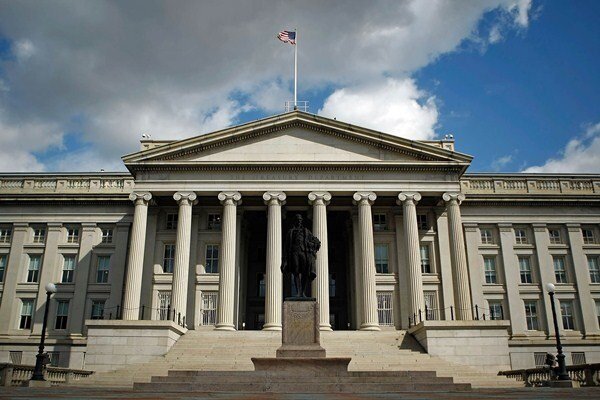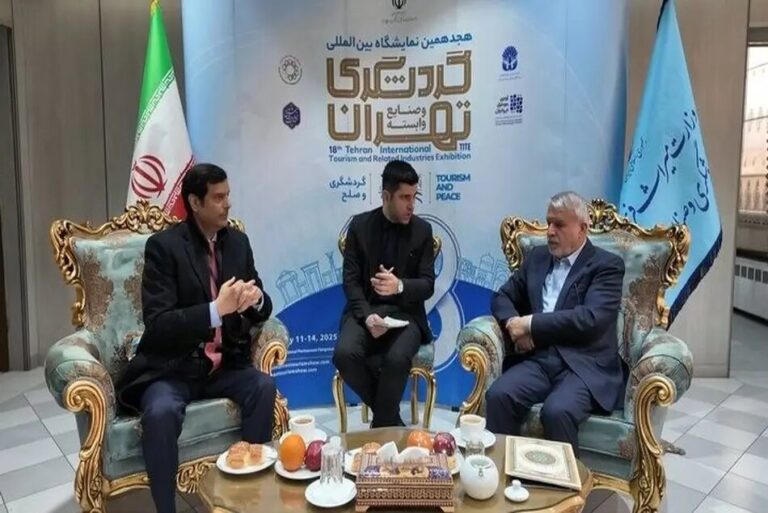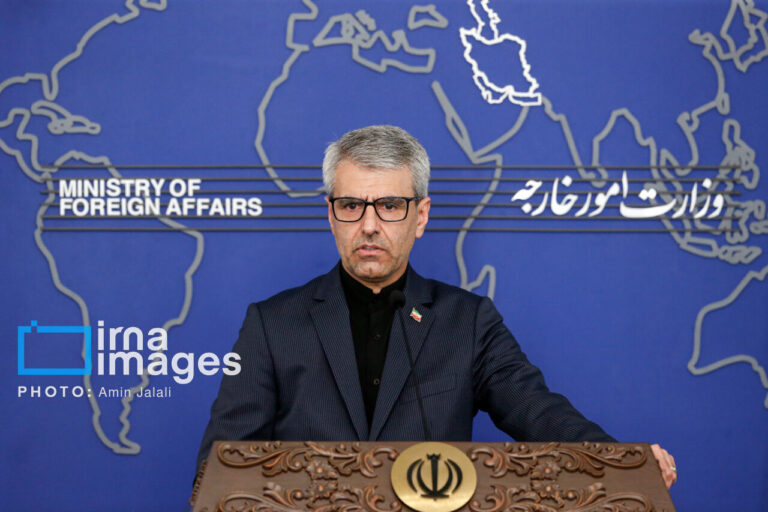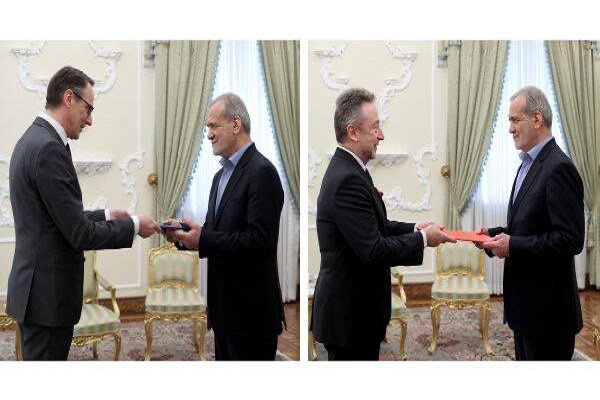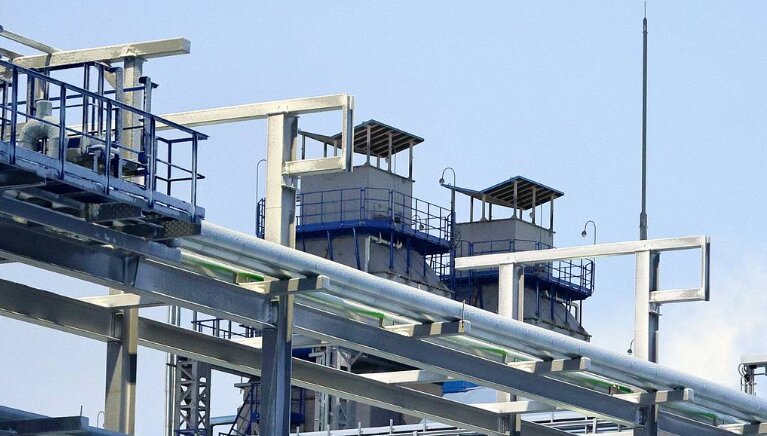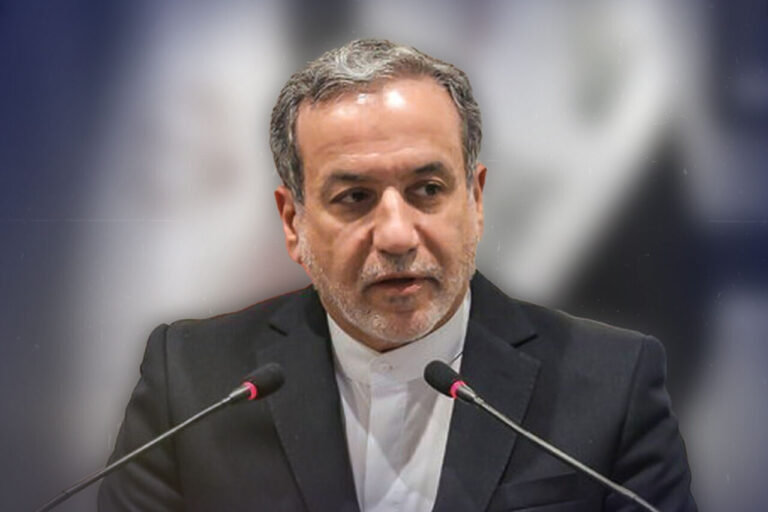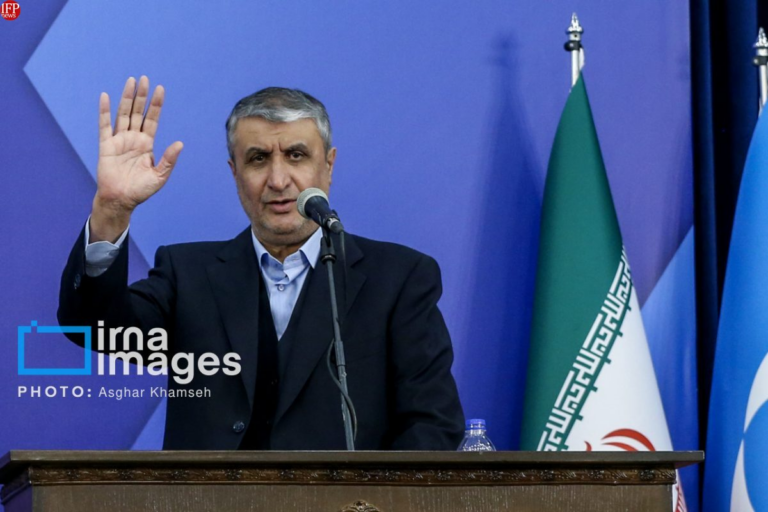US Unveils Fresh Sanctions Targeting Iran’s LPG Network Amid Ongoing Negotiations
On Tuesday, the United States implemented a new round of sanctions targeting Iranian liquefied petroleum gas (LPG) magnate Seyed Asadoollah Emamjomeh and his extensive corporate network. This development emerged as discussions with Tehran regarding its nuclear program continue, highlighting the complexity of international relations in the region.
The U.S. Treasury Department announced that Emamjomeh’s network plays a crucial role in shipping hundreds of millions of dollars worth of Iranian LPG and crude oil to various international markets. This move is part of the administration’s ongoing maximum pressure campaign aimed at curtailing Iran’s nuclear ambitions.
According to the official statement from the U.S. Treasury:
“Today’s action is being taken pursuant to the administration’s maximum pressure campaign.”
Recent developments indicate that there have been two significant rounds of discussions regarding nuclear and sanctions-lifting between Iran and the United States. The first round took place in Oman, followed by a second round in Rome, Italy. Following these negotiations, both parties expressed satisfaction with the progress made, describing the talks as very positive and constructive.
Looking ahead, expert-level discussions are scheduled to take place tomorrow in Muscat, Oman, where the finer details of the negotiations will be addressed. This meeting is expected to provide further insights into the ongoing diplomatic efforts.
It is important to understand the backdrop of these sanctions. In May 2018, during his first term, U.S. President Donald Trump made the controversial decision to withdraw from the 2015 landmark nuclear agreement, known as the Joint Comprehensive Plan of Action (JCPOA). This deal had previously imposed restrictions on Iran’s nuclear program in exchange for sanctions relief.
Following the U.S. withdrawal, Iran initially adhered to the terms of the JCPOA but gradually began to roll back some of its commitments, citing the lack of benefits from the agreement. This situation has led to heightened tensions and ongoing disputes about Iran’s nuclear activities.
It is essential to note that Iran’s nuclear activities are continuously monitored by the United Nations’ nuclear watchdog, the International Atomic Energy Agency (IAEA). Iran maintains that its nuclear program is intended for peaceful purposes, such as:
- Generating energy
- Developing pharmaceuticals
- Supporting agricultural initiatives
The recent sanctions targeting Seyed Asadoollah Emamjomeh and his network are indicative of the U.S. government’s strategy to exert pressure on Iran to comply with international nuclear standards. This approach aims to curtail Iran’s ability to fund its nuclear program through its oil exports. The implications of these sanctions are significant, as they not only affect Emamjomeh’s business operations but also have broader repercussions for Iran’s economy.
As negotiations continue, the international community is closely monitoring the situation. The outcome of these talks could have far-reaching implications for regional stability and global energy markets. The tension between the United States and Iran remains a critical issue, with potential for both conflict and cooperation.
In summary, the recent U.S. sanctions against Seyed Asadoollah Emamjomeh highlight the ongoing complexities of the nuclear negotiations with Iran. As the parties involved strive for a resolution, the world watches closely to see how these developments will unfold. The need for a diplomatic solution to the nuclear issue remains paramount for achieving lasting peace and stability in the region.
As discussions progress, it is vital for both sides to engage constructively, ensuring that the outcomes benefit not only their respective nations but also contribute to global security. The path ahead is fraught with challenges, but the potential for a diplomatic resolution remains a hopeful prospect for all stakeholders involved.
